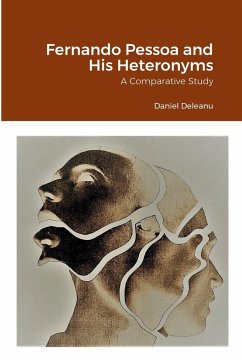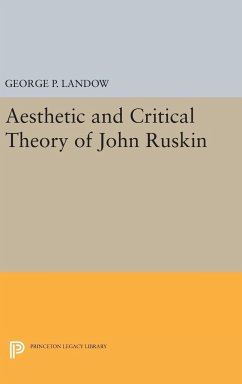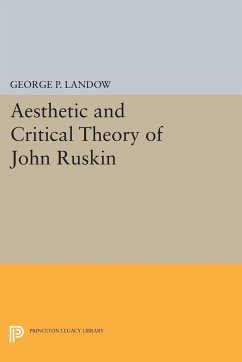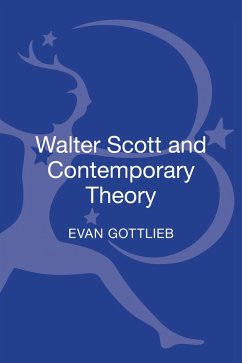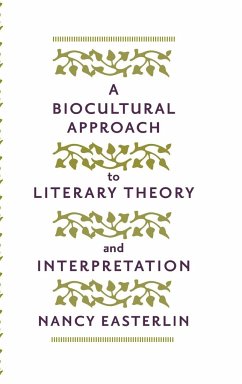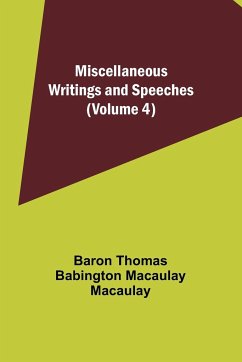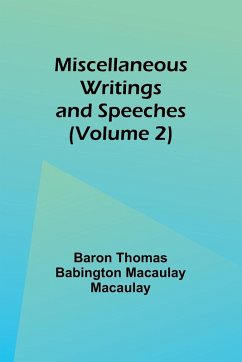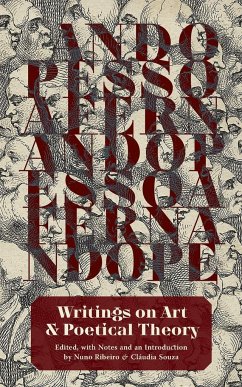
Writings on Art and Poetical Theory
Versandkostenfrei!
Versandfertig in 1-2 Wochen
16,99 €
inkl. MwSt.
Weitere Ausgaben:

PAYBACK Punkte
8 °P sammeln!
Writings on Art and Poetical Theory contains a selection of Fernando Pessoa's writings (or those of his heteronyms) on art and poetical theory, originally written in English. In Pessoa's oeuvre one finds not only literary and fictional works but also a multiplicity of theoretical texts on the most diverse subjects concerning artistic movements, literature, and writers. In this book, we witness Pessoa explore, through various heteronyms, general theories on poetics, the poetries of other heteronyms, the uses and abuses of criticism, and more. Also included are essays on sensationism (an aesthet...
Writings on Art and Poetical Theory contains a selection of Fernando Pessoa's writings (or those of his heteronyms) on art and poetical theory, originally written in English. In Pessoa's oeuvre one finds not only literary and fictional works but also a multiplicity of theoretical texts on the most diverse subjects concerning artistic movements, literature, and writers. In this book, we witness Pessoa explore, through various heteronyms, general theories on poetics, the poetries of other heteronyms, the uses and abuses of criticism, and more. Also included are essays on sensationism (an aesthetic movement Pessoa dubs a new species of Weltanschauung), translation, and a brief history of English literature, which is comprised of fragments on Shakespeare, Milton, the British Romantics, Dickens, Wilde, and others, as well as additional material, such as Pessoa's own poem Antinous. This edition, prepared by Nuno Ribeiro and Cláudia Souza, allows us to have an overview of Pessoa's writings on art and poetic theory - most of which are presented here for the first time to English readers -, thus opening the way for future studies on one of the most significant authors of Portuguese modernism.




